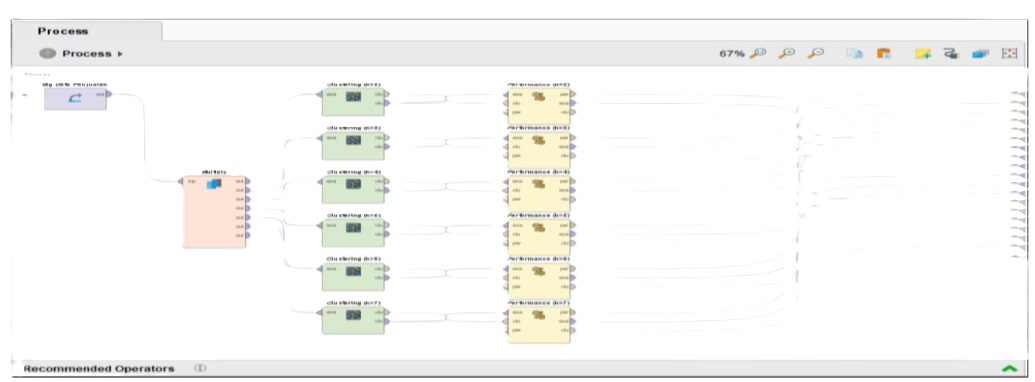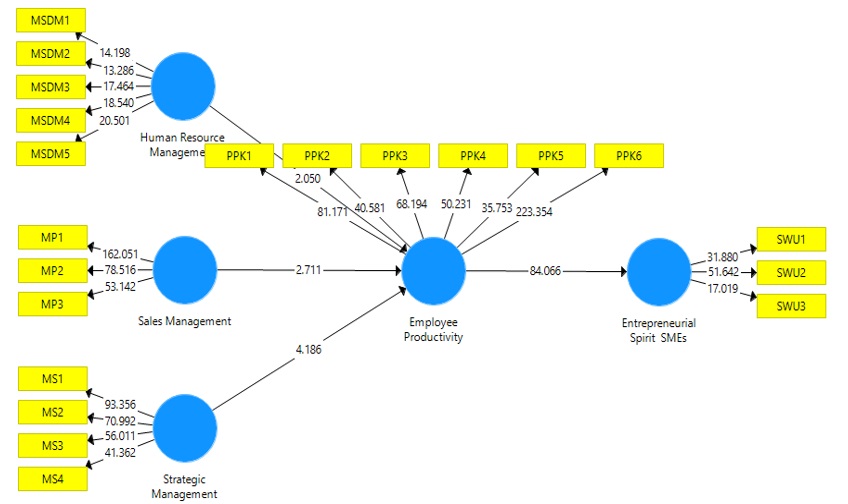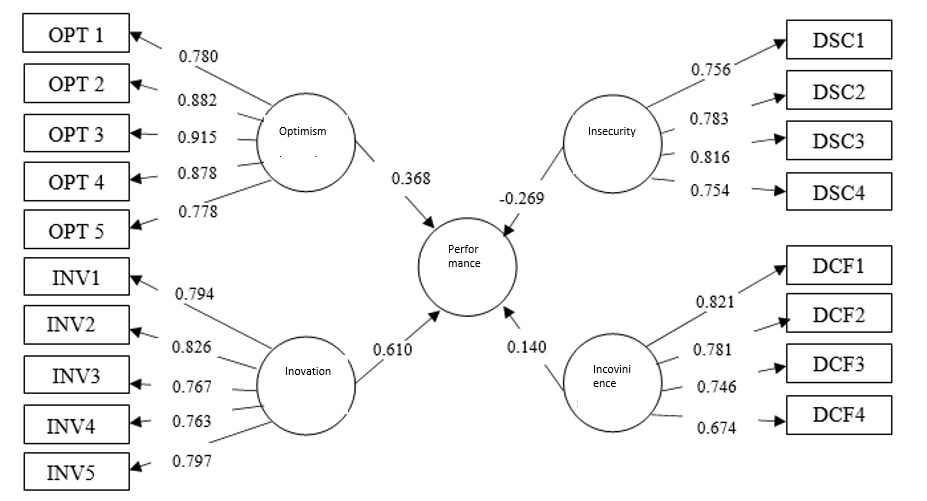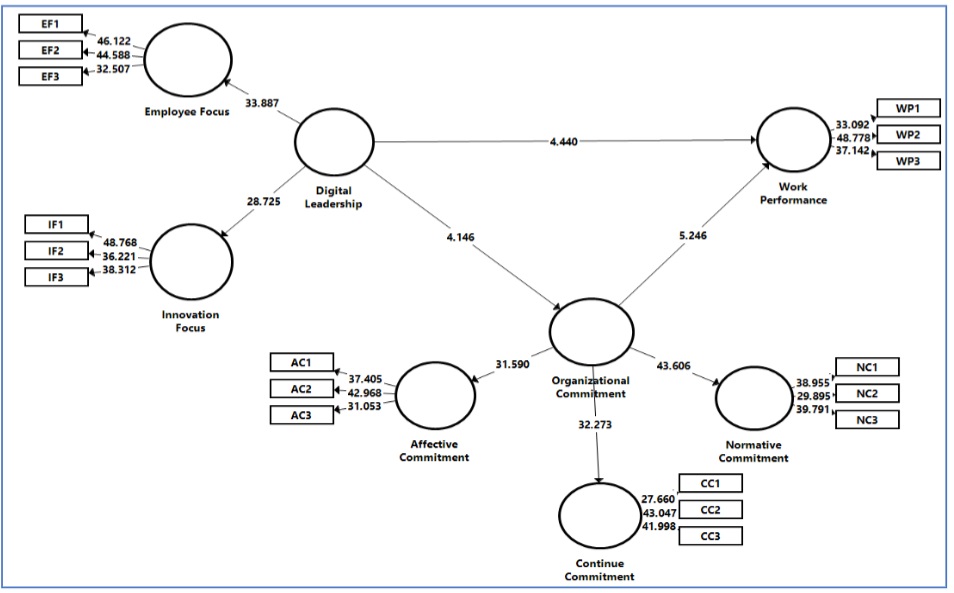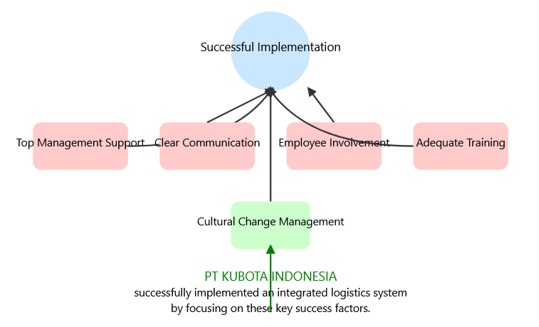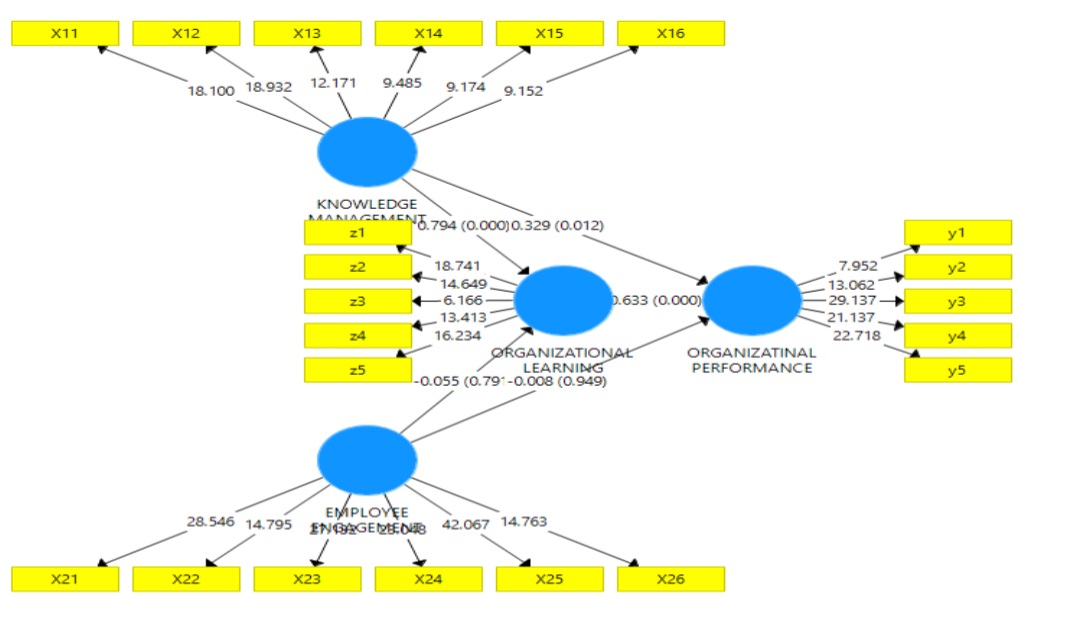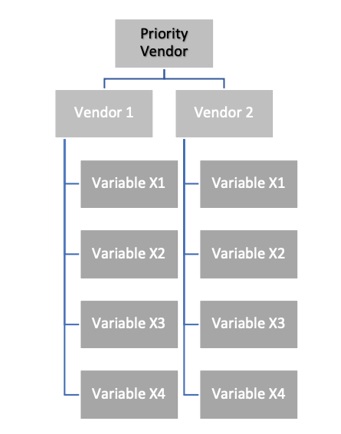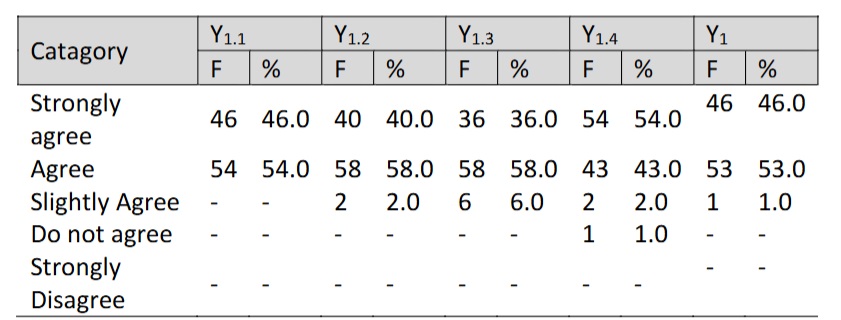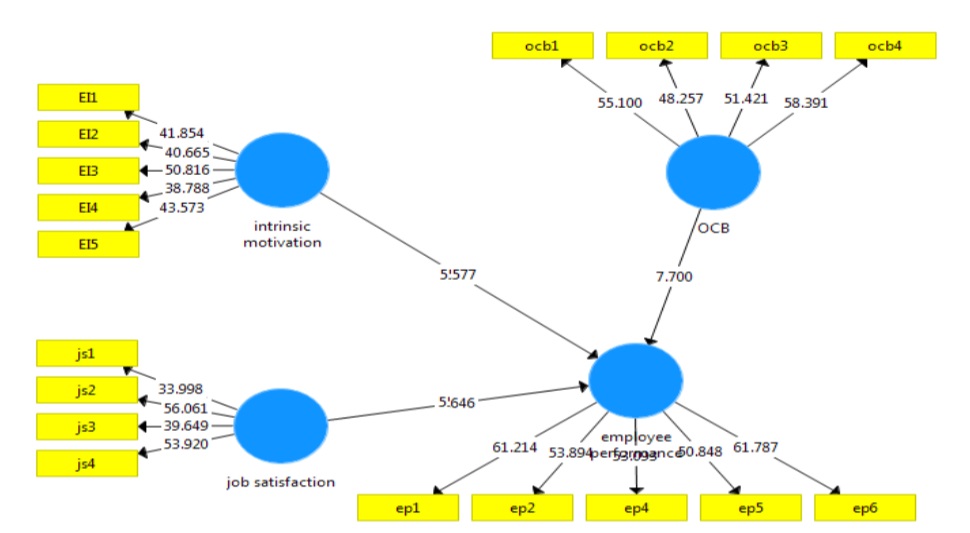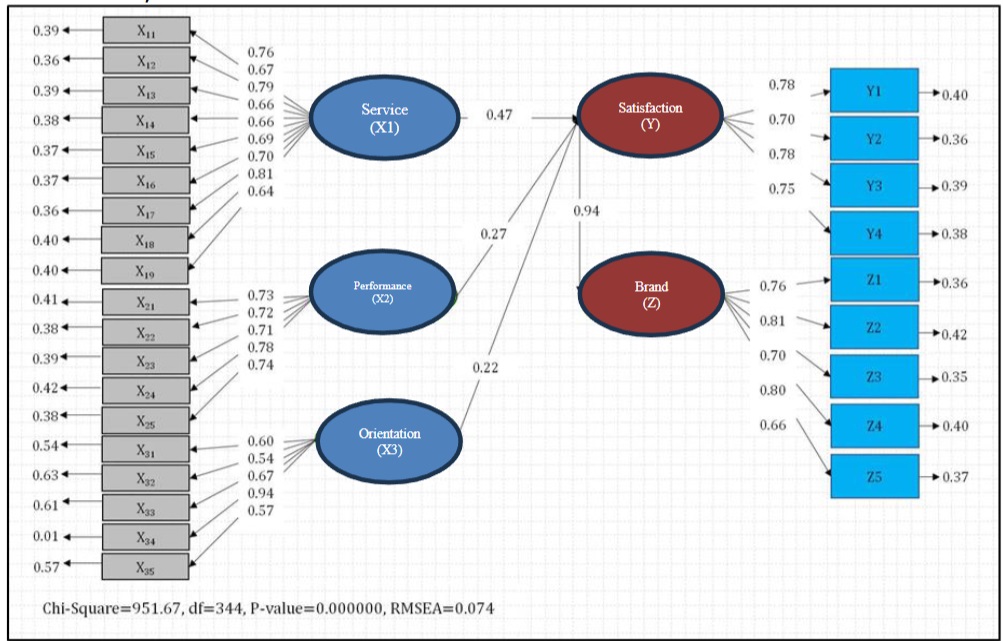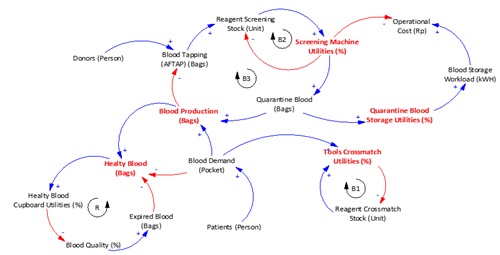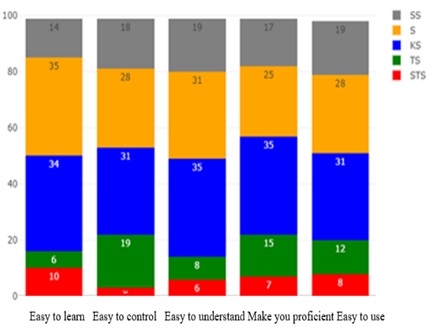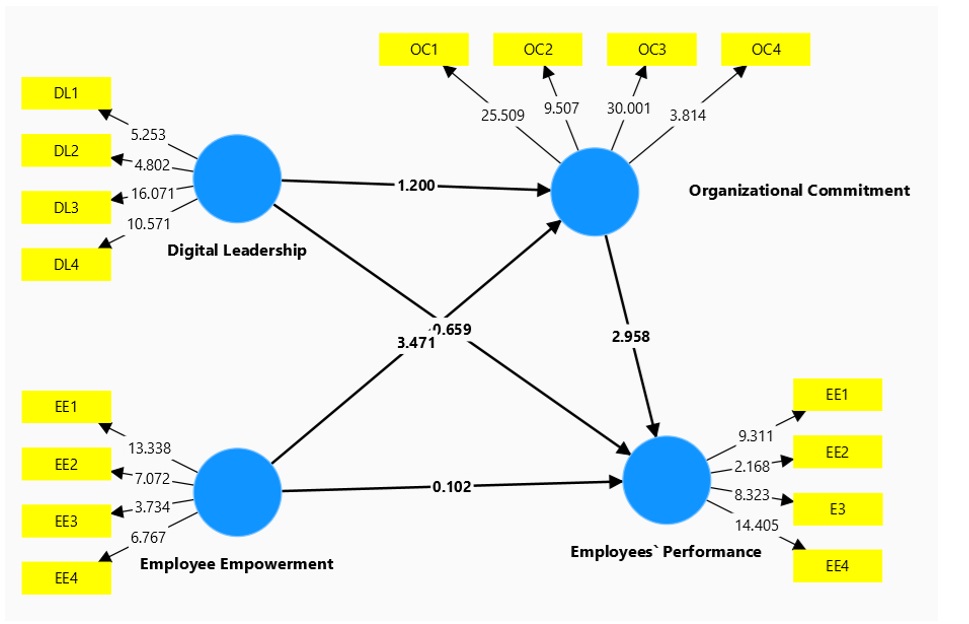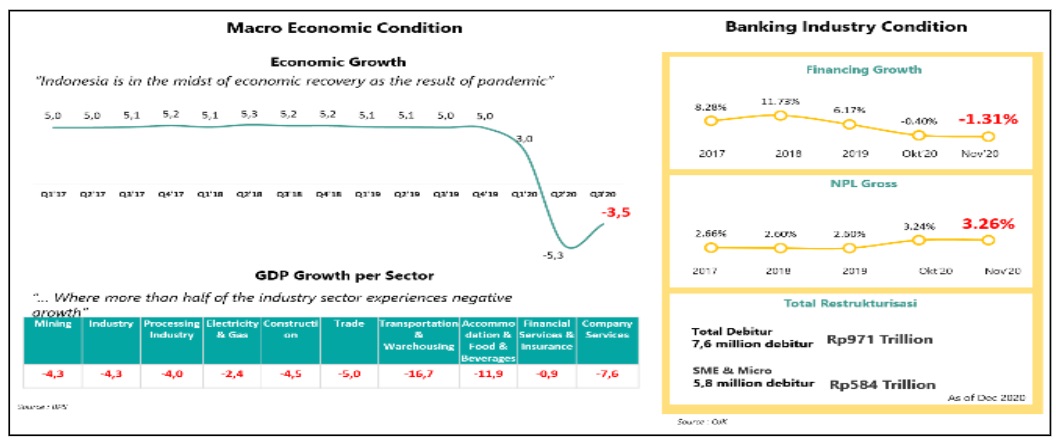The Role of Destination Brand Love in Mediating Destination Brand Authenticity on Destination Loyalty
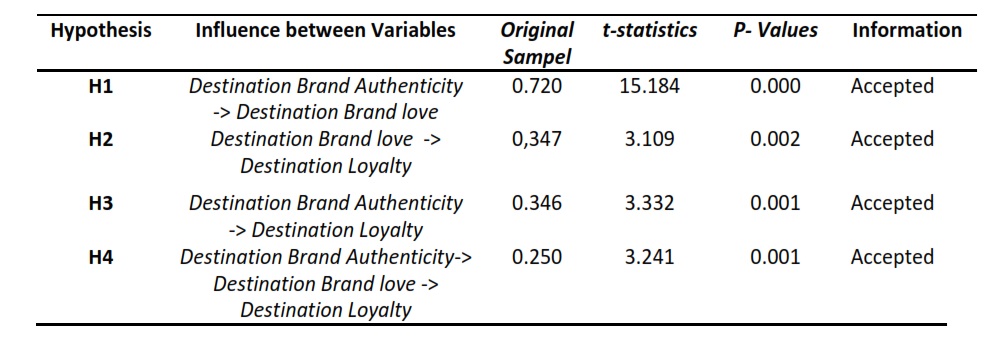
Downloads
This study aimed to examine the role of destination brand love in mediating destination brand authenticity on destination loyalty (a study of marine tourists in Wakatobi National Park). The study on destination brands is important for several reasons, firstly, there are still limited studies on destination brand love as a mediation of destination brand authenticity to the destination loyalty. There were four hypotheses developed and tested within 100 travelers as sample frame. Respondent data were collected from 100 tourists from Wakatobi National Park through questionnaires. Partial Least Square Data Analysis Technique (PLS) was used as a data analysis technique in this study. The results of this study showed that the path of destination brand love can mediate destination brand authenticity on destination loyalty and the hypothesis was accepted in this study.
Downloads
A. Manthiou, J. Kang, S. S. Hyun, and X. X. Fu, "The impact of brand authenticity on building brand love: An investigation of impression in memory and lifestyle-congruence," International Journal of Hospitality Management, vol. 75, pp. 38-47, 2018.
A. Milman, "Guests' perception of staged authenticity in a theme park: An example from Disney's Epcot's World Showcase," Tourism Review, vol. 68, no. 4, pp. 71-89, 2013.
M. Kim and J. Kim, "Destination authenticity as a trigger of tourists' online engagement on social media," Journal of Travel Research, vol. 59, no. 7, pp. 1238-1252, 2020.
S. Kladou, M. Kavaratzis, I. Rigopoulou, and E. Salonika, "The role of brand elements in destination branding," Journal of Destination Marketing & Management, vol. 6, no. 4, pp. 426-435, 2017.
X. Fu, "Existential authenticity and destination loyalty: Evidence from heritage tourists," Journal of Destination Marketing & Management, vol. 12, pp. 84-94, 2019.
T. Kolar and V. Zabkar, "A consumer-based model of authenticity: An oxymoron or the foundation of cultural heritage marketing?," Tourism management, vol. 31, no. 5, pp. 652-664, 2010.
F.-C. Hsu, E. Agyeiwaah, I. Lynn, and L. Chen, "Examining food festival attendees' existential authenticity and experiential value on affective factors and loyalty: An application of stimulus-organism-response paradigm," Journal of Hospitality and Tourism Management, vol. 48, pp. 264-274, 2021.
S. M. C. Loureiro, "How does the experience and destination authenticity influence "affect”?," Anatolia, vol. 31, no. 3, pp. 449-465, 2020.
R. P. Bagozzi, R. Batra, and A. Ahuvia, "Brand love: development and validation of a practical scale," Marketing Letters, vol. 28, pp. 1-14, 2017.
B. A. Carroll and A. C. Ahuvia, "Some antecedents and outcomes of brand love," Marketing letters, vol. 17, pp. 79-89, 2006.
D. Bryce, R. Curran, K. O'Gorman, and B. Taheri, "Visitors' engagement and authenticity: Japanese heritage consumption," Tourism Management, vol. 46, pp. 571-581, 2015.
M. Gunawan and V. E. Siemon, "The Impact of Brand Authenticity, Brand Experience, and Self-Congruity Toward Brand Loyalty as Mediated by Brand Love: A Case of Apple Inc," IBuss Management, vol. 8, no. 2, 2020.
M. Mody and L. Hanks, "Consumption authenticity in the accommodations industry: the keys to brand love and brand loyalty for hotels and Airbnb," Journal of Travel Research, vol. 59, no. 1, pp. 173-189, 2020.
S. Li, W. Tian, C. Lundberg, A. Gkritzali, and M. Sundström, "Two tales of one city: Fantasy proneness, authenticity, and loyalty of on-screen tourism destinations," Journal of Travel Research, vol. 60, no. 8, pp. 1802-1820, 2021.
D. J. Boorstin, The image: A guide to pseudo-events in America. Vintage, 1992.
X. Chen, E. S. You, T. J. Lee, and X. Li, "The influence of historical nostalgia on a heritage destination's brand authenticity, brand attachment, and brand equity: Historical nostalgia on a heritage destination's brand authenticity," International Journal of Tourism Research, vol. 23, no. 6, pp. 1176-1190, 2021.
M. Kososki and P. H. M. Prado, "Hierarchical structure of brand authenticity," in Creating Marketing Magic and Innovative Future Marketing Trends: Proceedings of the 2016 Academy of Marketing Science (AMS) Annual Conference, 2017: Springer, pp. 1293-1306.
M. Schallehn, C. Burmann, and N. Riley, "Brand authenticity: model development and empirical testing," Journal of Product & Brand Management, 2014.
S. S. Jang, J. Ha, and K. Park, "Effects of ethnic authenticity: Investigating Korean restaurant customers in the US," International Journal of Hospitality Management, vol. 31, no. 3, pp. 990-1003, 2012.
L. Bergkvist and T. Bech-Larsen, "Two studies of consequences and actionable antecedents of brand love," Journal of brand management, vol. 17, pp. 504-518, 2010.
J. Napoli, S. J. Dickinson, M. B. Beverland, and F. Farrelly, "Measuring consumer-based brand authenticity," Journal of business research, vol. 67, no. 6, pp. 1090-1098, 2014.
K. Aro, K. Suomi, and S. Saraniemi, "Antecedents and consequences of destination brand love”A case study from Finnish Lapland," Tourism Management, vol. 67, pp. 71-81, 2018.
A. A. Safeer, Y. He, and M. Abrar, "The influence of brand experience on brand authenticity and brand love: an empirical study from Asian consumers' perspective," Asia Pacific Journal of Marketing and Logistics, vol. 33, no. 5, pp. 1123-1138, 2021.
C. Rodrigues, P. Rodrigues, S. Billore, and O. Tetsuhisa, "The role of brand experience and brand authenticity in creating brand love: a cross-cultural comparative study," in 2018 Global Marketing Conference at Tokyo, 2018, pp. 1447-1447.
J. R. Rossiter, "A new C-OAR-SE-based content-valid and predictively valid measure that distinguishes brand love from brand liking," Marketing Letters, vol. 23, pp. 905-916, 2012.
S. K. Roy, A. Eshghi, and A. Sarkar, "Antecedents and consequences of brand love," Journal of Brand Management, vol. 20, pp. 325-332, 2013.
M. Bruhn, V. Schoenmüller, D. Schäfer, and D. Heinrich, "Brand authenticity: Towards a deeper understanding of its conceptualization and measurement," Advances in consumer research, vol. 40, 2012.
J. Drennan, C. Bianchi, S. Cacho-Elizondo, S. Louriero, N. Guibert, and W. Proud, "Examining the role of wine brand love on brand loyalty: A multi-country comparison," International Journal of Hospitality Management, vol. 49, pp. 47-55, 2015.
C.-C. Huang, "The impacts of brand experiences on brand loyalty: mediators of brand love and trust," Management Decision, vol. 55, no. 5, pp. 915-934, 2017.
M. G. Lumba, "Peran Brand Love Terhadap Brand Loyalty Dan Willingness To Pay Premium Price Pada Pembeli Iphone Di Surabaya," Agora, vol. 7, no. 1, 2019.
M. A. Sallam and N. A. Wahid, "The effects of satisfaction and brand identification on brand love and brand equity outcome: the role of brand loyalty," European Journal of Business and Social Sciences, vol. 4, no. 9, pp. 42-55, 2015.
A. N. Praswati and D. Suryoko, "Postmodern Authenticity in the Concept of Ecotourism Destination Loyalty," Issues on Inclusive Growth in Developing Countries, vol. 1, no. 2, pp. 61-76, 2020.
R. Chen, Z. Zhou, G. Zhan, and N. Zhou, "The impact of destination brand authenticity and destination brand self-congruence on tourist loyalty: The mediating role of destination brand engagement," Journal of Destination Marketing & Management, vol. 15, p. 100402, 2020.
S. Shen, J. Guo, and Y. Wu, "Investigating the structural relationships among authenticity, loyalty, involvement, and attitude toward world cultural heritage sites: an empirical study of Nanjing Xiaoling Tomb, China," Asia Pacific Journal of Tourism Research, vol. 19, no. 1, pp. 103-121, 2014.
H. Jung Jung, Y. Lee, H. Kim, and H. Yang, "Impacts of country images on luxury fashion brand: facilitating with the brand resonance model," Journal of Fashion Marketing and Management, vol. 18, no. 2, pp. 187-205, 2014.
K.-H. Lee and S. S. Hyun, "The effects of perceived destination ability and destination brand love on tourists' loyalty to post-disaster tourism destinations: The case of Korean tourists to Japan," Journal of Travel & Tourism Marketing, vol. 33, no. 5, pp. 613-627, 2016.
H. Patwardhan and S. K. Balasubramanian, "Brand romance: a complementary approach to explain emotional attachment toward brands," Journal of Product & Brand Management, 2011.
T. Ramayah, J. Cheah, F. Chuah, H. Ting, and M. A. Memon, "Partial least squares structural equation modeling (PLS-SEM) using smartPLS 3.0," An updated guide and practical guide to statistical analysis, 2018.
A. Japutra, S. Molinillo, and Y. Ekinci, "Do stereotypes matter for brand attachment?," Marketing Intelligence & Planning, vol. 39, no. 4, pp. 501-515, 2021.
Copyright (c) 2022 Nasrul Nasrul, Nursaban Rommy, Indri Hapsari, La Pande Pande Jurumai, Astil Harli Roslan

This work is licensed under a Creative Commons Attribution 4.0 International License.
JMIL Jurnal Manajemen Industri dan Logistik (Journal of Industrial and Logistics Management) is an Open Access Journal. The authors who publish the manuscript in JMIL Jurnal Manajemen Industri dan Logistik agree to the following terms:

JMIL Jurnal Manajemen Industri dan Logistik is licensed under a Creative Commons Attribution 4.0 International License. This permits anyone to copy, redistribute, remix, transmit and adapt the work provided the original work and source is appropriately cited.
This means:
(1) Under the CC-BY license, authors retain ownership of the copyright for their article, but authors grant others permission to use the content of publications in JMIL Jurnal Manajemen Industri dan Logistik in whole or in part provided that the original work is properly cited. Users (redistributors) of JMIL Jurnal Manajemen Industri dan Logistik are required to cite the original source, including the author's names, JMIL Jurnal Manajemen Industri dan Logistik as the initial source of publication, year of publication, volume number, issue, and Digital Object Identifier (DOI); (2) Authors grant JMIL Jurnal Manajemen Industri dan Logistik the right of first publication. Although authors remain the copyright owner.

























